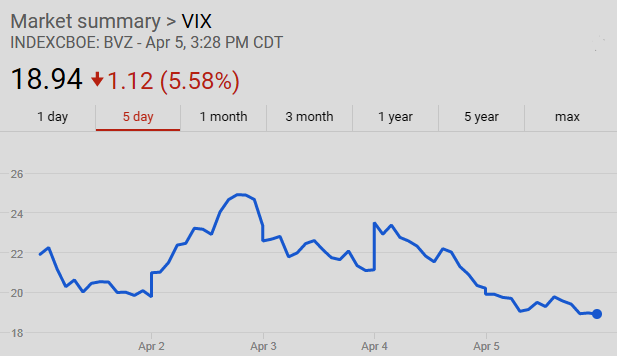BloombergQuint.com video above published Jul 6, 2018.
Trump tariffs on Chinese goods fulfill campaign promise: Peter Navarro
White House Office of Trade and Manufacturing Policy Director Peter Navarro says President Trump has given China every possible avenue to address the theft of U.S. intellectual property. Fox Business video above published Jul 6, 2018.
Trade War Begins: Why China’s Growth Doesn’t Work For America Anymore
No longer does the United States see the Chinese system of economic growth as a tolerable process, says Law Professor Raj Bhala, an expert in International Trade Law, in the video above. Raj Bhala is the inaugural Brenneisen Distinguished Professor, The University of Kansas, School of Law, and Senior Advisor to Dentons U.S. LLP.
According to Bhala, two Trump administration documents detail why Section 301 actions are necessary:
The first is a 215-page investigation report, issued on March 22 by the United States Trade Representative (USTR), summarized in the USTR’s language:
- “China uses joint venture requirements, foreign investment restrictions, and administrative review and licensing processes to force or pressure technology transfers from American companies.”
- “China uses discriminatory licensing processes to transfer technologies from U.S. companies to Chinese companies.”
- “China directs and facilitates investments and acquisitions which generate large-scale technology transfer.”
- “China conducts and supports cyber intrusions into U.S. computer networks to gain access to valuable business information.”
The second is a 35-page report, issued on June 20 by the White House Office of Trade and Manufacturing (embed below), which contends that in addition to protectionist barriers, subsidized overcapacity, and cloud computing restrictions, China seeks to “acquire key technologies and intellectual property from other countries” and “capture the emerging high-technology industries that will drive future economic growth and many advancements in the defense industry.”
A third document is April 18 testimony to Congress by Pacific Commander Admiral Philip Davidson that the CCP’s military intentions in the South China Sea threaten to “displace the U.S. as the security partner of choice for countries in the Indo-Pacific” and “prevent the United States from intervening in any regional conflict on China’s periphery”.
According to Bhala, the U.S. will no longer facilitate Chinese economic growth because the U.S. no longer believes Chinese Communist Party (CCP) led planning is good for the U.S. or the world--that the CCP’s economic behavior, not to mention military intentions, erode America’s economic vitality and thereby undermine its national security. Bhala adds:
"The European Union fought most of the rest of the world over bananas throughout the 1980s and 1990s. Canada and the United States have been whacking each other with softwood lumber since 1982 ... The prudent historical inference for businesses to draw is to re-think their models.
See also:
A third document is April 18 testimony to Congress by Pacific Commander Admiral Philip Davidson that the CCP’s military intentions in the South China Sea threaten to “displace the U.S. as the security partner of choice for countries in the Indo-Pacific” and “prevent the United States from intervening in any regional conflict on China’s periphery”.
"… [T]he United States advocates for a free and open Indo-Pacific, supported by regional partners and allies that respect international law, freedom of navigation and overflight, and the free flow of commerce and ideas. ...[I]t is increasingly clear that China wants to shape a world aligned with its own authoritarian model and inconsistent with these principles. Through coercive diplomacy, predatory economic policies, and rapid military expansion, China is undermining the rules-based international order. We must be willing to cooperate with China where we can, while consistently and unapologetically confronting China when it engages in behavior that undermines the international order or harms U.S. interests in the region."Bhala says that on July 6, 2018, President Trump changed the U.S. narrative on trade with China. He imposed under Section 301 of the Trade Act of 1974, a 25 percent tariff on $35 billion worth of Chinese imports into the United States, effective July 6, with more levies possible, up to $500 billion on Chinese goods, and China immediately counter-retaliated.
According to Bhala, the U.S. will no longer facilitate Chinese economic growth because the U.S. no longer believes Chinese Communist Party (CCP) led planning is good for the U.S. or the world--that the CCP’s economic behavior, not to mention military intentions, erode America’s economic vitality and thereby undermine its national security. Bhala adds:
"The European Union fought most of the rest of the world over bananas throughout the 1980s and 1990s. Canada and the United States have been whacking each other with softwood lumber since 1982 ... The prudent historical inference for businesses to draw is to re-think their models.
- Is there exposure to imports, exports, or foreign direct investment in China?
- What alternative sources of supply exist?
- Are alternative sales markets appealing?
- Are alternative production venues viable?
See also:
- Unsustainable: This is what the US imports from China | weforum.org










